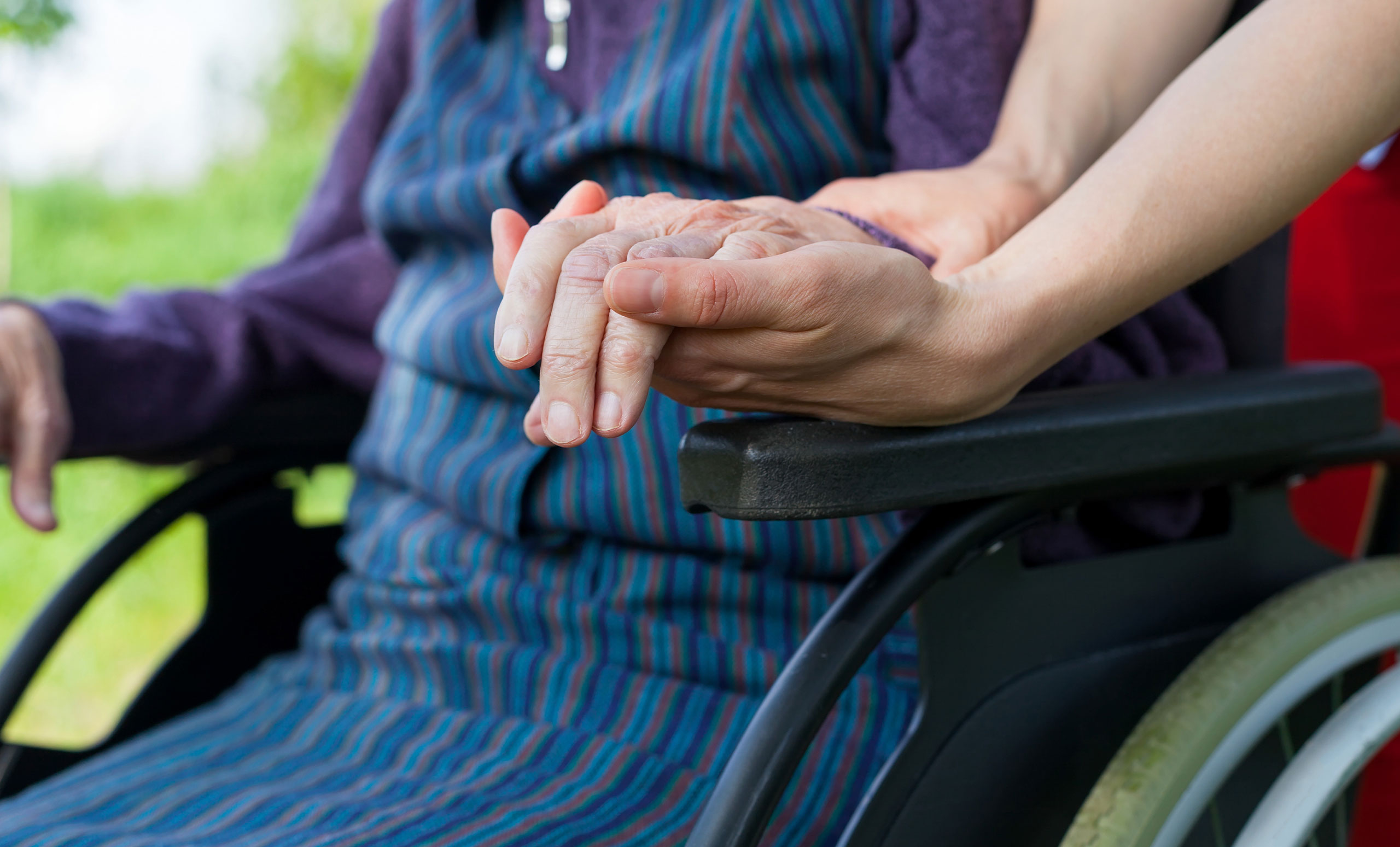Hospice care is a comprehensive approach designed to support patients with progressive, life-limiting illnesses. This type of care involves coordinated services from medical professionals, nurses, social workers, and counselors. Its primary goal is not to cure the disease but to enhance comfort and quality of life by managing pain and controlling symptoms. For many families facing the realities of terminal illness, deciding on hospice care represents a significant yet empowering step in honoring the dignity and needs of their loved ones.
The Focus of Hospice Care
Hospice care prioritizes comfort, dignity, and quality of life rather than curative treatment. It supports both the patient and their family through a team-based process that includes:
Hospice services can be provided in many settings, but most patients opt for hospice care at home, where they can still be in familiar surroundings and be close to family members.
Why Hospice Care Should Not Be Delayed
One of the most common reasons hospice is underutilized is a lack of understanding. Many people mistakenly believe that hospice is only for the last few days of life. As a result, families often wait too long, missing out on the full scope of support hospice can offer.
Early choosing hospice care allows more time for:
Prolonging aggressive treatments can lead to unnecessary suffering and repeated hospitalizations. In contrast, hospice provides care focused on comfort, safety, and emotional well-being.

You No Longer Need to Endure Unnecessary Pain
For patients living with advanced illnesses, the final stages of life are often marked by frequent health crises and emergency room visits. These events are physically exhausting for patients and emotionally draining for caregivers.
Hospice care helps alleviate these burdens by offering:
Remaining at home during this time can provide a sense of peace and security, allowing patients to live their final days with dignity and surrounded by those they love.
Hospice Is Not a One-Way Street
Since 1982, Medicare has covered hospice care, offering peace of mind for patients and their families. According to Medicare guidelines, a patient qualifies if a physician certifies that their life expectancy is six months or less if the illness follows its normal course.
However, patients may:
This flexibility ensures that hospice remains a support system, not a limitation.
When Is the Right Time for Hospice?
There is no perfect moment to begin hospice, but there are clear signs that it may be time to start the conversation:
Deciding on hospice care does not mean giving up. It is a conscious choice that prioritizes quality of life when the quantity of time is limited.

Difficult Conversations but Necessary Ones
Discussing death and dying is never easy, but postponing these discussions often leads to missed opportunities for comfort and closure. Patients, families, and healthcare providers should engage in ongoing, honest dialogue about the progression of illness, future goals, and care preferences.
It is important to remember that:
These conversations are not only about dying but about living well until the end.
How Do Hospices Help the Terminally Ill?
Hospice services are designed to support patients with terminal illnesses in every aspect of their care journey. At Ascend Hospice Care, our team works closely with families to:
We believe that no one should face the end of life alone or in pain. We are here to walk this journey with you.
Choosing Hospice Care Is an Act of Compassion
When curative treatment is no longer effective or desired, hospice care offers a humane and supportive alternative. It addresses the medical needs of the patient and also the emotional and spiritual needs of the entire family.
Families who make the choice earlier often report:
At Ascend Hospice Care, we are dedicated to helping you in this challenging phase of life. We are here to support your decisions, answer your questions, and honor your loved one’s journey with dignity and grace.




